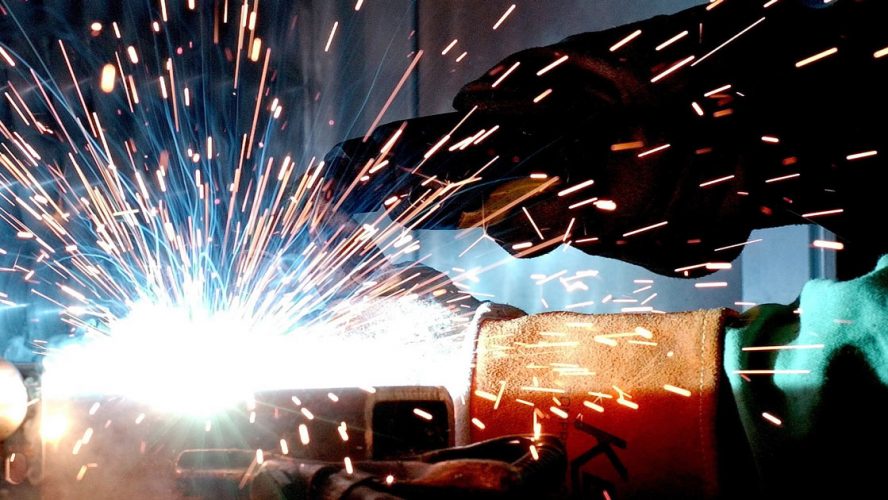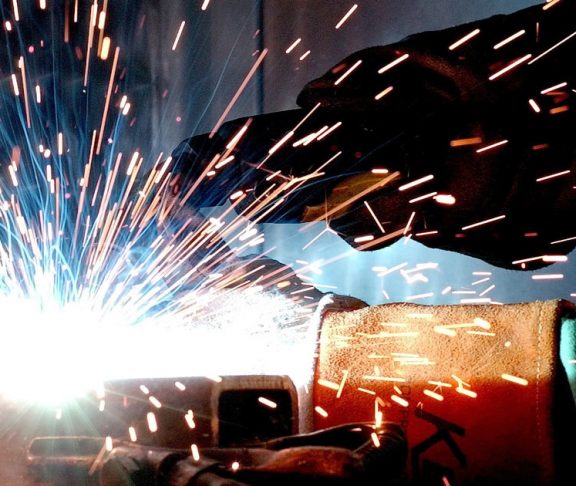
Peter Cheese
CEO of the CIPD, the professional body for HR and people development
The discussion around the world of work and technology is often presented as a binary choice: robots vs people, technology vs humanity, automation vs emotion.
Technology should augment, not replace
The truth, as always, is more nuanced. Opinion, even among academic experts, is divided over whether machines will cause large scale job losses. There is compelling evidence from both sides of the argument, despite the breathless headlines pumped out about the ‘Rise of the robots.’
But it is not a zero-sum game. To paint the outcome as one where any increase in the use of technology automatically leads to the decline of jobs is to oversimplify the issue. AI, machine learning, digitisation and automation are becoming increasingly more efficient at many tasks that people do, and the pace of innovation and development in these technologies is accelerating.
But there are gains to be made for workers, employers and society if we can harness the powers of technology in order to create new, better jobs and augment people’s productivity, rather than simply replace them at work. Using technology to boost human skills like creativity, critical thinking, collaboration, empathy and ethical competence should be at the heart of good work, and sustainable and successful organisations.
Technology can improve well-being
We are already seeing examples of how technology can work alongside people in the workplace.
Take the automotive industry, who are making huge strides in using ‘cobots’, robots that work alongside people, for example to reduce the amount of heavy lifting their workers are doing on their assembly lines or reduce the low skill repetitive tasks. By investing in technology that augments their workforce, they are ensuring that people are focused on the tasks that are more fulfilling, better utilise their skills and capabilities, and through that, improve employees well-being and contribute to better organisational outcomes.
Defining ‘good work’
To be able to make these kinds of choice it is crucial that we have an understanding of what ‘good’ looks like in the context of tech/human interaction in the workplace.
This is part of a growing debate about the nature of ‘good work’: work, jobs or roles, that make the best of our human skills… that is meaningful and purposeful, inclusive and gives people voice or a say. These attributes are critical in driving the outcomes of productivity which we have to address, but also in wellbeing and engagement which are very human outcomes and themselves help to enhance performance. HR as the profession focused on people, work and change should play a strategic role in these big agendas, and need to bring the insight and understanding as well as the processes and practices that help us all deliver on this future.
The ethics question
But as has been said, the future is already here, it’s just unevenly distributed.
There are many challenges and questions about business practice today, from ethics and behaviours, to stress and mental health and the challenges of mismatches of skills and productivity. Technology itself won’t necessarily improve these things. We also have significant issues of trust. As more data is collected about people, together with the growing threats of hacking and cyber security, we have to make sure that people feel safe, that their rights are respected. If people don’t trust the technology they are using, or the people who are implementing or supporting it, they won’t use it effectively or may even seek to avoid it. And we have to make sure people are properly trained and they have the opportunities to grow their skills as the nature of work and the roles they perform change.
It is not the first time that the nature of work is being transformed by technology. Yet, never before has the speed of change been so dramatic, and the shift in the technological capability so fundamental. We talk now about the fourth industrial revolution being upon us which is very profoundly about how technology and people will work together. We all need to work together to ensure that the future of work is human, and that work itself is seen and experienced as a force for good.

